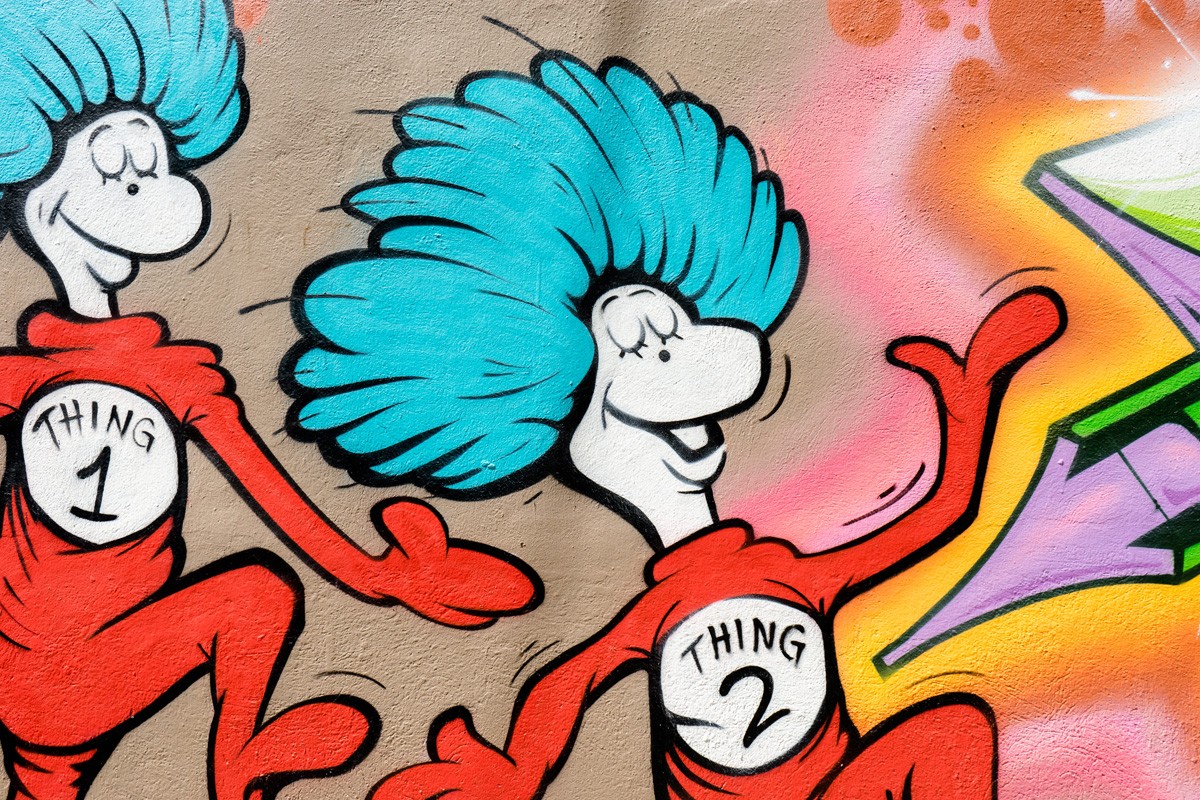Learning how to interview well is an art.
Every single interview is different, so no one can say, “Do these things and you’ll get the job.”
But there are ways that you can prepare and tendencies in your personality that you can amplify or quiet that will help you to persuade someone to hire you.
Below is what two interviews for the same position looked like from the other side of the table.
A little background information.
For this position, HR used an applicant tracking system to source and narrow down the best five resumes from a group of more than 50 candidates who applied online for my team’s open position.
We chose to interview two of them.
Here’s what happened next.
Candidate one
She had an impressive resume that demonstrated that she had the experience and results that we needed on the team.
The formatting was easy on the eye, there was a logical progression in her work history, and she highlighted her skills in a way that made sense for the open position.
Because of that, she was easily the front-runner in a stack of resumes, and picking her for an interview was a no-brainer.
So HR set up the interview.
She made a great first impression when she came in for the interview.
She dressed the part, smiled, made eye contact, and spoke clearly and confidently.
Everything was going right until I said, “Tell me a little bit about yourself.”
Then it all went downhill.
She answered the question by telling me that she was too good for the job that we were there to discuss.
She went on to say that she applied for it to see if we’d let her interview for a different, more senior-level position on the team that was posted at the same time.
She assured me that she was the right person for that other job and that she’d never leave her current job for the one we were there to discuss…the one that she applied for, the one that she qualified for, the one that she showed up to interview for.
Dumbfounded by her response and complete lack of self-awareness, I said, “OK, then it sounds like we don’t have anything else to discuss relative to this position.
I’ll pass your resume on to the hiring manager for that position and walk you out.”
Candidate two
Her resume was OK.
She had some relevant work experience but seemed like a job hopper based on how many previous jobs she listed.
Her education didn’t align with the job field in a way that made sense, but she had some good results in her work history that made up for that.
Wanting to learn more about the work she was currently doing and to see if she’d be a good fit for the team, HR set up an interview.
She too made a great first impression when she showed up for the interview.
She looked the part, seemed friendly and outgoing, and did her best to keep up with the small talk that everyone has to suffer through before walking into the meeting room.
What struck me most about her was her confidence.
It was obvious that she had done her homework before our chat and felt very sure that she would nail the interview.
Just like with candidate one, the interview started with the same question, “Tell me a little bit about yourself.”
Her response was short, thoughtful, and obviously rehearsed, but sincere nonetheless.
She hit the highlights on her resume and rounded out her answer by expressing her enthusiasm for this position and the opportunity she’d have to dig in and help the team.
Throughout our discussion, she told interesting stories about her work history, and although the work itself wasn’t a perfect match for what she’d be doing on our team, she made sure to connect the dots between the skill set she had acquired throughout her career and the skill set required to do the job at hand.
Guess who got the job?
These real-life examples (and countless others like it) demonstrate what is universally true about applying and interviewing for a job.
You don’t have to have the perfect work history.
You don’t have to have all of the experience the job ad asks for.
You didn’t have to go to the best school.
You don’t have to have a graduate degree or be personally connected to anyone to apply for and land a great position.
What you do have to have is a relevant resume that positions you well for the job so that you can get that first interview.
Then, you have to be totally prepared to nail the interview.
If you have a great resume, you’ll have lots of opportunities to interview.
They will all be different, and each person that interviews you will be looking for something different in your work history that you can bring to the job they need to fill.
Those things you can’t control.
But in addition to your skill set and ability to meet the job requirements, they’re also going to ensure that you’re “a good fit.”
And that’s code for prepared, engaged, enthusiastic, and likable.
Work hard to improve those skills, and you will land a job offer faster than those who walk in overconfident.
The truth is that a good hiring manager can smell BS from a mile away.
Remember candidate two?
It turns out I was right; she was a job hopper.
Within two years, she moved into a more senior role on another team, and for that, I congratulate her.
In my experience, it’s always better and more productive to work with a rockstar for a shorter time than to work with a not-so-rockstar for years on end.
Schedule a coaching session with me to nail your next interview.




